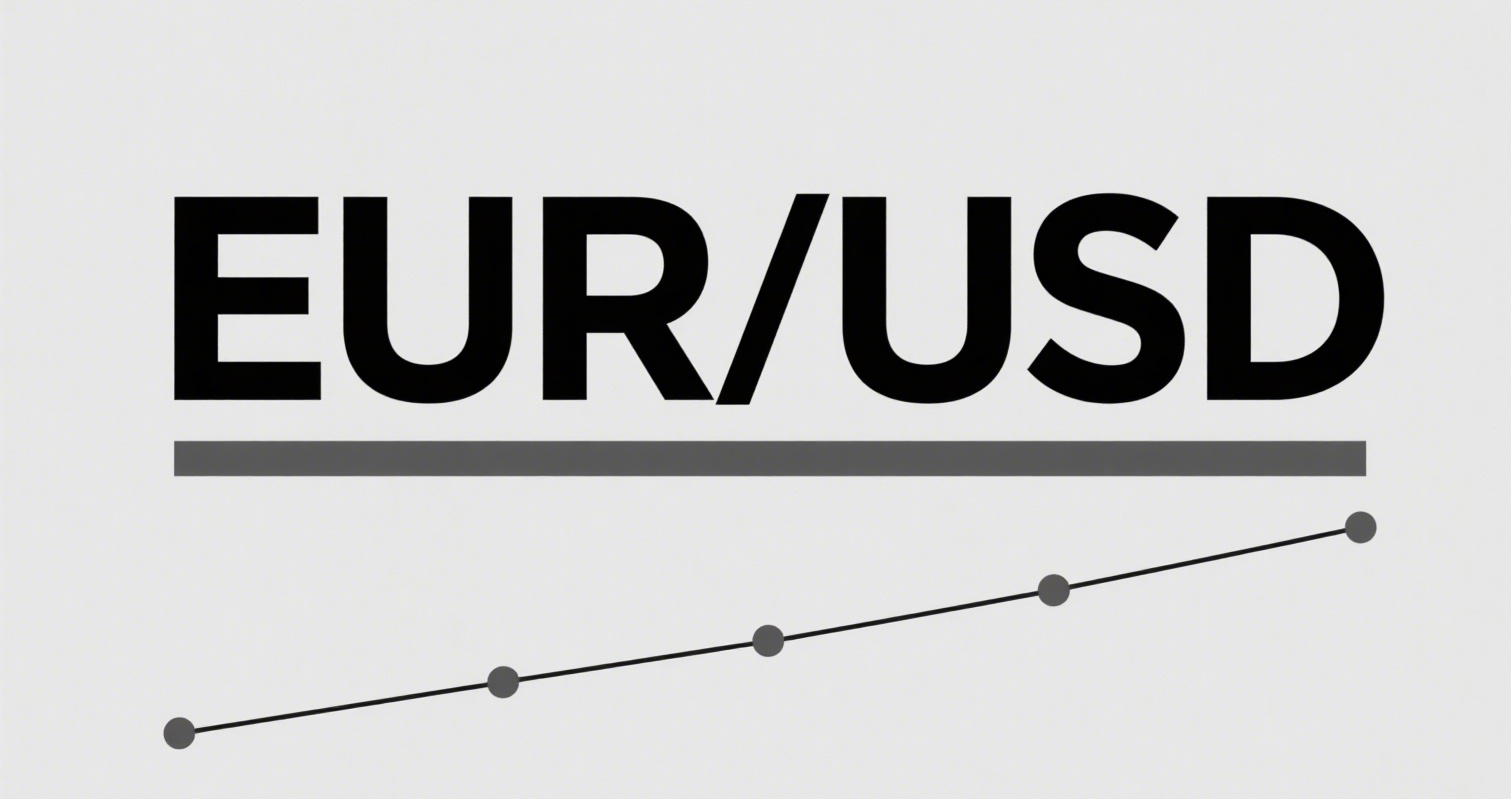
"Showing Support" or Acting as "Mood Setters"? What Are European Leaders' Considerations in "Accompanying" Zelensky to the U.S.?
On the 17th local time, European Commission President Ursula von der Leyen posted on social media that she and other European leaders would accompany Zelensky to the U.S. on the 18th to meet with U.S. President Donald Trump.
Analysts suggest that Zelensky may face significant pressure during this U.S. trip. With multiple European leaders joining him, is this intended to "show support" for Ukraine? Can this move change the "unpleasant" outcome of the last U.S.-Ukraine meeting? Professor Cui Hongjian from the Academy of Regional and Global Governance at Beijing Foreign Studies University shared his analysis.
Professor Cui Hongjian, Academy of Regional and Global Governance, Beijing Foreign Studies University: For this U.S.-Ukraine leaders' meeting, multiple European leaders, as well as heads of EU and NATO institutions, are attending simultaneously. I believe this is a so-called rapid response from Europe. Shortly after the U.S.-Russia summit, European leaders strengthened coordination, quickly formulated a common position, and swiftly assembled a temporary team to accompany Zelensky to Washington.
Professor Cui Hongjian: The main intention behind European leaders accompanying Zelensky to the U.S. is, on one hand, to further influence Trump with a united European-Ukrainian stance. As Western media put it, Ukraine is making a last-ditch effort, and Europe is actually in a similar position. If the political resolution of the Ukraine crisis develops unfavorably for Ukraine, Europe—which is already tightly bound to Ukraine politically and security-wise—would also face significant repercussions.
Professor Cui Hongjian: On the other hand, Europe is also trying to play a role in preventing direct conflict and easing tensions between the U.S. and Ukraine. In February this year, Zelensky and Trump's first meeting ended in open confrontation.
Professor Cui Hongjian: Afterward, Europe offered Ukraine and Zelensky much advice. Recently, leaders of major European countries, including the EU and NATO, have interacted with Trump. European leaders will apply their experiences and understanding of Trump to this U.S.-Ukraine meeting, serving as a buffer.
Professor Cui Hongjian: Finally, for Europe, the current situation remains highly awkward and difficult. The U.S.-Russia summit has once again backed Europe into a corner. It remains to be seen how European countries ultimately assess the implications of the U.S. plan for Ukraine and, more importantly, its impact on Europe—especially European security.
















